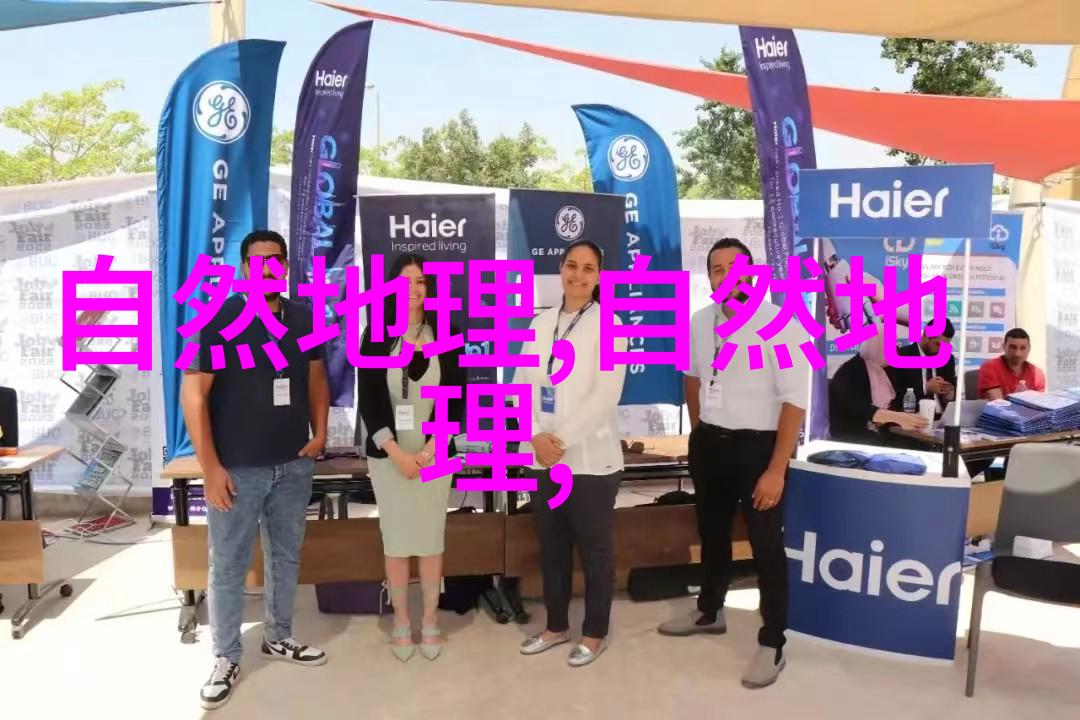在中国,燃煤电厂的环保改造问题日益凸显。为了应对不断加严的排放标准,广州石化动力事业部 recently underwent a major overhaul of its two circulating fluidized bed (CFB) boilers. The facility, which uses petroleum coke as its primary fuel source, has been able to meet the city's strict "50355" emissions standards.

The "50355" standard requires that nitrogen oxides, sulfur dioxide, and particulate matter emissions be reduced to 50mg/Nm3, 35mg/Nm3, and 5mg/Nm3 respectively. This is a significant challenge for many coal-fired power plants in China.
To achieve this level of emissions reduction, the CFB boilers at Guangzhou Petrochemical Power Co., Ltd. were equipped with advanced desulfurization and denitrification systems. These systems use limestone or lime to remove sulfur dioxide from the flue gas before it is released into the atmosphere.

However, despite these efforts, there are still concerns about the effectiveness of these systems in reducing particulate matter emissions. According to Ma Guojuan, a researcher at Nanjing Environmental Protection Bureau's power plant research center,"Most of our wet scrubber technology can only reduce PM2.5 by around 20%."
Furthermore, there are also concerns about the cost-effectiveness of these measures. The installation and operation of such equipment can be expensive and may not always be economically viable for smaller power plants.

In addition to technological solutions like CFB boilers and wet scrubbers , some experts suggest that policy changes could help drive down pollution levels more effectively than relying solely on technical fixes . For example , stricter regulations on coal usage could incentivize companies to invest in cleaner technologies or switch away from coal altogether .
Despite these challenges , there is hope for improvement on the horizon . In recent years , China has made significant progress towards reducing air pollution through targeted policies aimed at improving air quality in key regions . With continued investment in clean energy technologies and more stringent regulations governing fossil fuel use , it seems possible that Chinese cities like Guangzhou will one day enjoy clean skies free from smoggy haze caused by industrial activities like those found within their borders today




